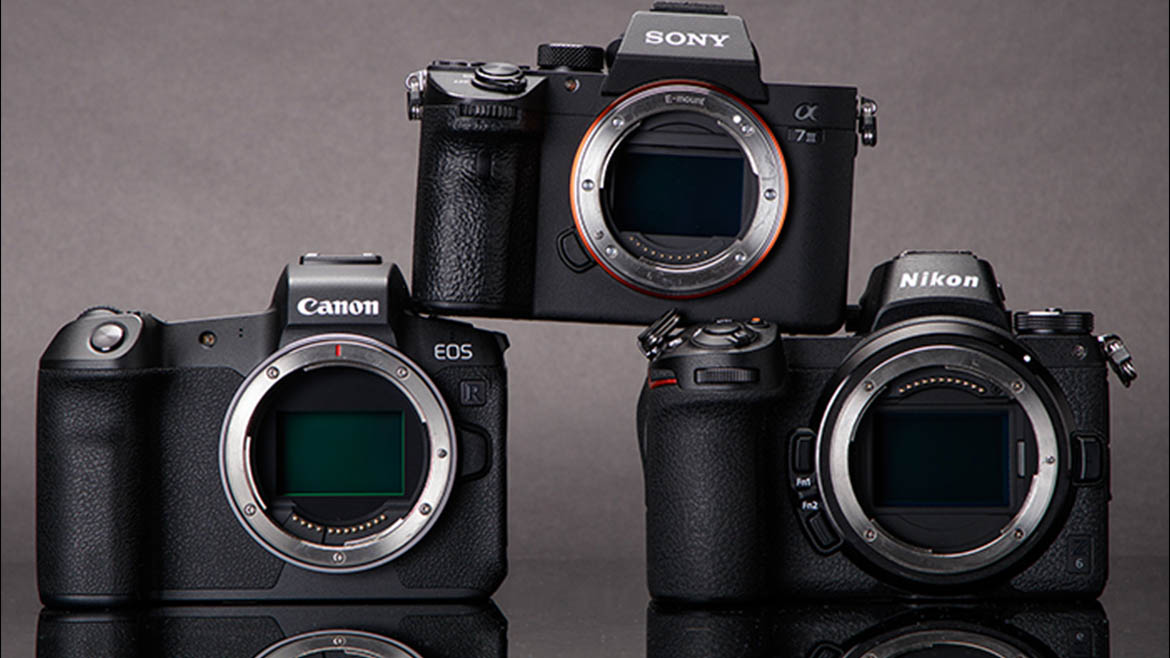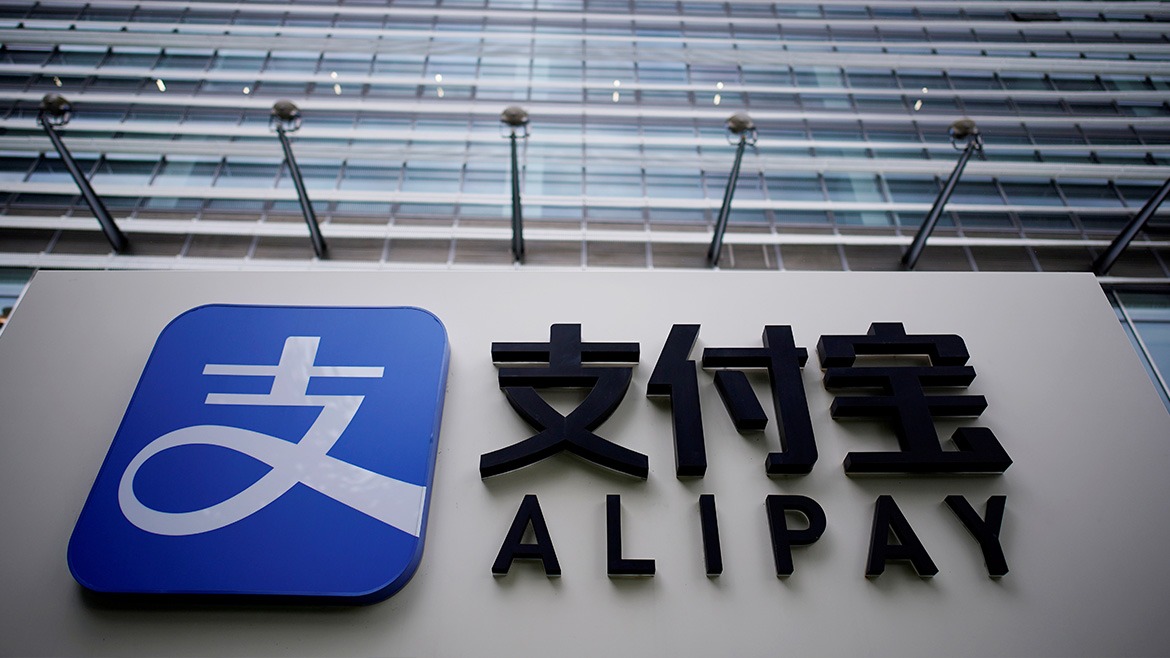Canon, Nikon, and Sony are joining together to combat counterfeit photos.
From celebrities in Hollywood to the Pope wearing a puffer jacket, as well as politicians and images from the conflict in Gaza, there have been numerous fabricated photographs circulating in 2023. While some are funny, others spread false information.
In the ongoing fight against deepfakes, camera manufacturers Nikon, Sony, and Canon are planning to introduce new technology that would simplify the process of verifying the source of a photograph.
According to Nikkei Asia, the three Japanese camera manufacturers will make it possible for photographers to use digital signatures by integrating technology inside the camera. These signatures, which will include details such as the photographer’s name as well as the date, time, and location of the image, can be verified using a free online application called Verify. A global alliance of media outlets, camera manufacturers, and technology companies created this application.
Verify will indicate that a picture has “no content credentials” if it was AI-generated or artificially altered.

Another measure to combat deep fakes
Sony is set to release firmware updates for three of its professional mirrorless cameras by “spring of 2024,” which is around March or April. However, it has not been specified which camera models will receive the digital signature technology.
Canon, meanwhile, will also provide this technology in certain professional cameras later this year, and it might be accessible in a new model that will be launched in 2024. Additionally, Canon is releasing its app that can distinguish between human- and AI-generated images.
Sony and Canon are also exploring the possibility of introducing a comparable authentication feature for videos. However, specific information about this is currently limited.
Nikon, however, intends to introduce this capability to all of its mirrorless cameras, although there is currently no information on when this update will be available.
The conflict escalates
The cameras from Nikon, Sony, and Canon will not be the initial models to provide identification technology. The Leica M11-P already includes a function called Content Credentials in its settings. When activated, this feature adds details such as device information, owner, date, and time to the image.
Nikon is a member of a group of firms known as the Coalition for Content Provenance and Authenticity (C2PA). This organisation, co-founded by Adobe, introduced content credentials in 2023. During that period, the camera manufacturer from Japan assured that this characteristic would be included in the Nikon Z9. However, digital signatures may become more widely used around 2024.
Other technology businesses have also been attempting to combat the dissemination of counterfeit images. For instance, Google introduced SynthID in 2023, which applies a digital watermark to AI-generated photos. At the same time, Intel has been developing a novel method to examine alterations in skin color resulting from blood circulation to detect deepfakes.
While these advancements are impressive, incorporating in-camera technologies to combat the proliferation of deceptive images is a commendable advancement.
You might find our guides to the top-rated cameras for professionals interesting. You can also check out our selection of top Nikon cameras, top Sony cameras, and top Canon cameras.
Stay Updated about the latest technological developments and reviews by following TechTalk, and connect with us on Twitter, Facebook, Google News, and Instagram. For our newest video content, subscribe to our YouTube channel.
Read More: China’s Ant Group Unveils Alipay’s Stakeholder Shake-Up





